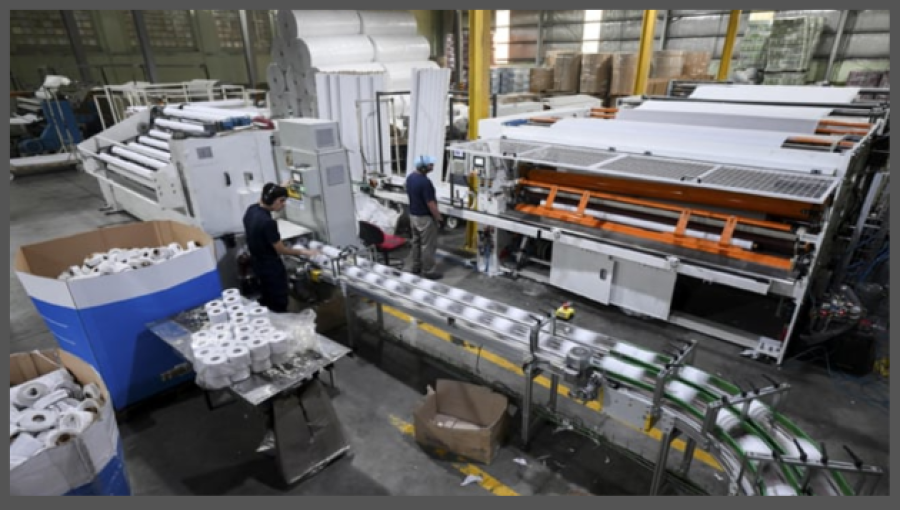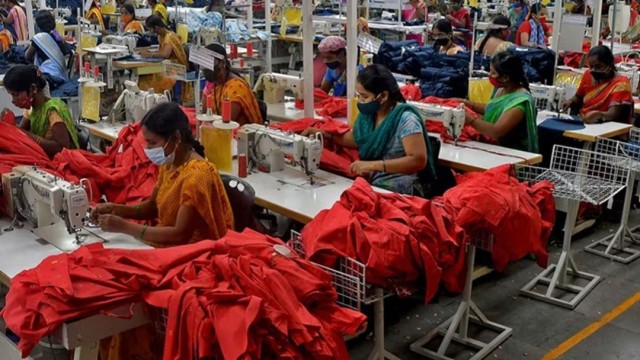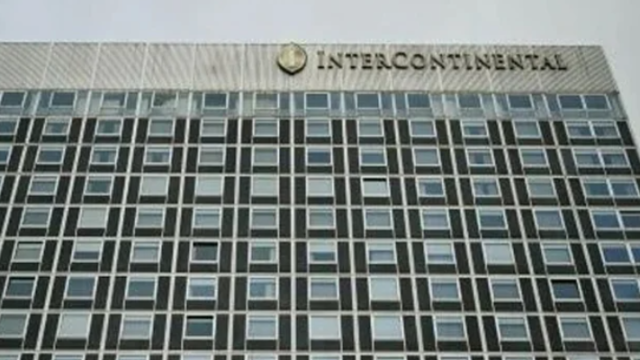Argentina's manufacturing sector, like many others, is facing severe challenges as consumers grapple with soaring inflation and declining incomes, leading to reduced spending on goods.
Annual inflation nearing 290 percent has eroded purchasing power significantly, with wage-earners experiencing a substantial decline in their ability to afford basic necessities.
President Javier Milei's policies, aimed at deregulating the economy and removing trade protections while devaluing the peso by 50 percent, have contributed to economic contraction. February saw a 3.2 percent year-on-year drop in economic activity, the fourth consecutive monthly decline.
Small- and medium-sized businesses (SMEs) are particularly affected, with many struggling to meet financial obligations such as salaries and rent. Factory sales have plummeted, and businesses like cookie and biscuit factories are operating at reduced capacities due to decreased demand.
Manufacturing output among SMEs has fallen significantly, leading to layoffs, salary reductions, and production cutbacks. Energy prices have skyrocketed, further squeezing profit margins for businesses.
Daniel Rosato, owner of a paper mill and president of an industrial union, noted the closure of 600 SMEs that exported goods, contributing to a rise in informal employment and reduced state income.
Calls for regulation and fair competition have emerged from industry stakeholders like Alejandro Bartolini, owner of an oil pump producer, emphasizing the need to balance open markets with protective measures to safeguard local industries.
President Milei's austerity measures, aimed at achieving a budget surplus and reducing the deficit, have resulted in widespread job losses and reduced public spending, exacerbating economic challenges amidst soaring poverty rates.
Despite Milei's optimism about achieving a budget surplus, concerns persist about the sustainability of economic recovery, with a focus on balancing fiscal discipline with the need to support struggling businesses and households.
The road ahead remains challenging for Argentina's economy, with hopes pinned on stabilization measures and regulatory frameworks to address the current economic downturn.































Comment: